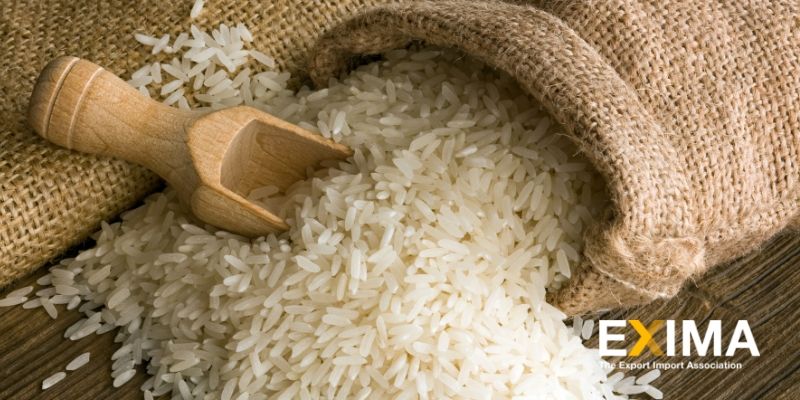The price of rice exports from India has been rising in 2022 as a result of supply disruptions. Fortunately, these prices have begun to level out, as supplies have increased in recent months following the success of a government scheme that sought to provide grains at subsidized rates.
Disruption Causes Rice Exports Price Hike
India is the world’s largest rice exporter. In 2021, India’s rice exports accounted for 37.5% of the world’s total exports, equating to $9.6 billion. At the beginning of the year, the world’s most important source of rice was jeopardized, with a shortage of freight trains causing around 1.5 million tonnes of rice to become stuck at ports. This had a knock-on effect on the prices of Indian rice, causing traders to quote higher prices than usual for overseas exports in order to cover fees and vessel rates.
Rice Supplies Rise, Export Prices Ease
In recent months, the availability of Indian rice has begun to return to normal, which has helped costs also fall back to normal. In April, India’s top exporter of broken parboiled variety rice dropped in price from $367-$370 per tonne to $365-$369. Price decreases have been aided by the increase in rice availability, falling shipping and logistic costs, and rice from recent harvests entering the market.

The world’s top importers of Indian rice will likely feel relieved as prices come down. China is currently the number one importer of Indian rice, accounting for 7.7% of India’s total rice exports. However, it is currently uncertain whether rice prices in India have had a direct impact on China’s food system.
The food crisis, which appears to be affecting every part of the world, has gotten worse since the Covid-19 pandemic and the recent war in Ukraine. The news that the price of a universal food staple from the world's largest producer is falling will most likely benefit everyone.
There is concern, however, that India might impose a ban on rice exports, following recent surprising news that it had banned its wheat exports. Rice traders have begun placing larger orders for Indian rice amid fears of a ban. This may negatively impact the market, potentially causing price hikes and rice shortages. The world’s food systems are facing uncertain times, and this drop in the price of Indian rice may not be permanent.
Stay Tuned with EXIMA News
EXIMA News is your go-to place for all the latest import/export information and news. Subscribe to our newsletter today!









